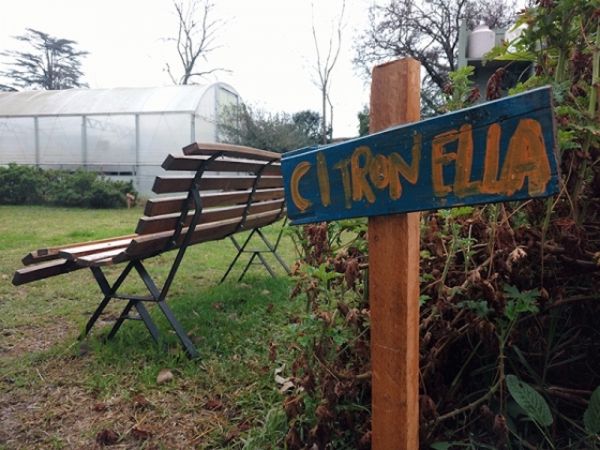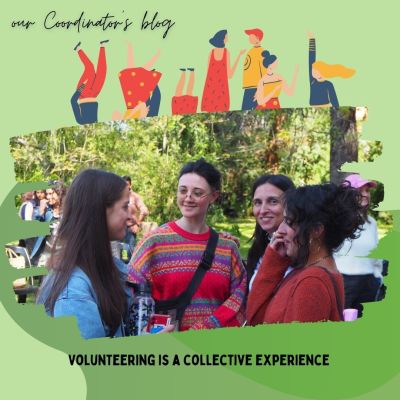We receive many visits from volunteers at Pacheco Community from other projects in our Network of Organizations, as well as neighbors and relatives and friends of the students who attend the workshops. We believe that the best way to share our knowledge on cooperative work and the training of young people is to show what we experience every day.
Those who visit Pacheco go around the place guided by the young people who already know the name of all the plants and also their main characteristics. They are the ones who become guides, teachers and proudly show how they grow what they planted. Ornamental plants always attract attention for their flowers and colors. But undoubtedly the aromatic plants are the ones that generate the most curiosity since their scent allows us to discover what they are. Identifying a plant by its aroma is a game that is never boring and enjoyed by children, adolescents and adults alike.
The aroma of fresh basil and arugula, thyme and laurel with which we season our meals. Oregano for a good pizza. Citronella to scare off mosquitoes or lavender to get in all the sweetness and freshness it has. We believe that in addition to hearing the names of the plants, our visitors should be able to know how those names are written and in this way improve the learning they take.So students have worked in assembling wooden signs painted to identify the main plants. The posters turned out to be true works of art!





